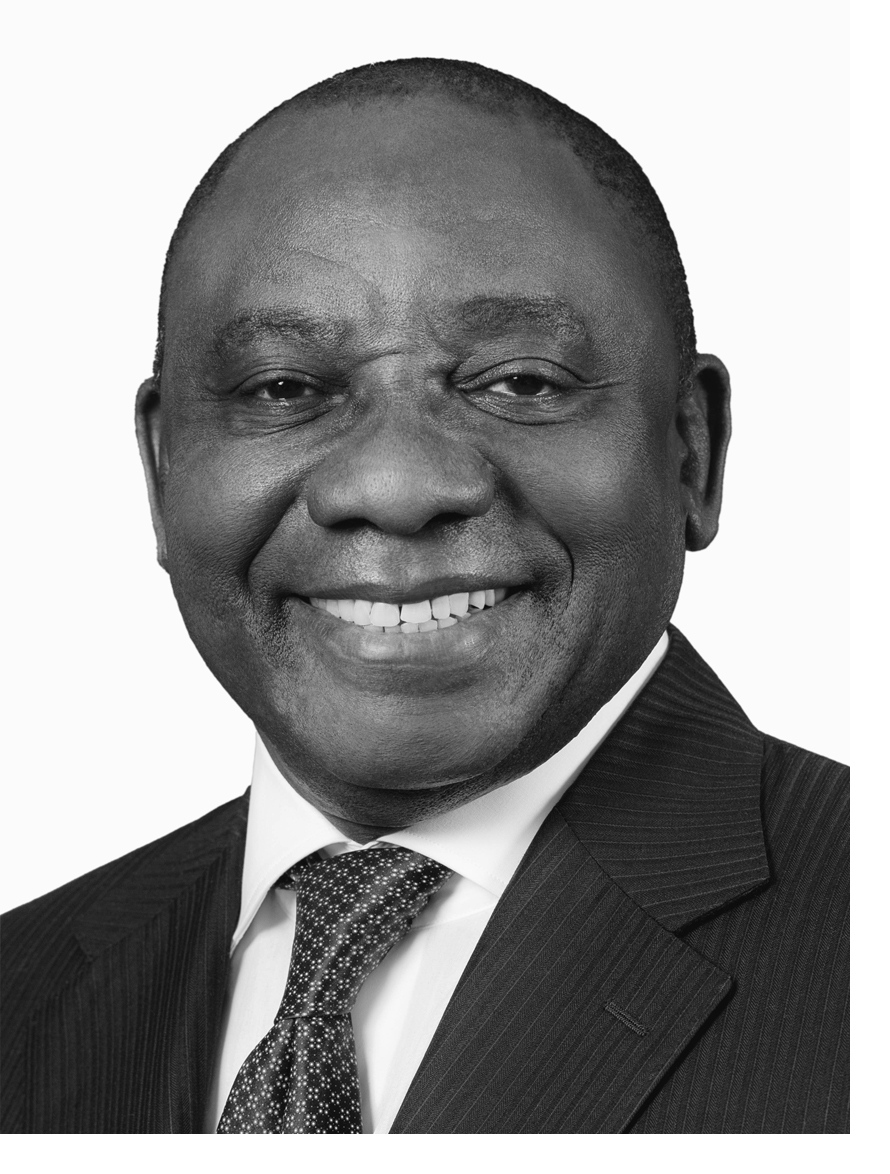President Cyril Ramaphosa’s remarks to United Nations General Assembly High-Level meeting on the 25th anniversary of the Fourth World Conference on Women

Excellencies,
Distinguished Guests,
As we mark the 25th anniversary of the Fourth World Conference on Women, we can say that we have come a long way.
The material conditions of the world’s women have vastly improved, as has access to education for women, their role in public life, their representation in the political sphere and participation in the economy.
Despite this progress, billions of women and girls around the world still face discrimination, vulnerability and marginalisation in the workplace, at home and in broader society.
Gender-based violence continues unabated and is an indictment on our societies.
Meeting the aspirations of the Beijing Platform for Action and Sustainable Development Goal 5 demands a more decisive response from us all.
The empowerment of women is one of South Africa’s national priorities and central to our development strategies.
We have a multi-sectoral National Strategic Plan to provide a coordinated national response to violence and abuse against women.
This includes reforms to our laws to protect survivors and the creation of opportunities to enable women to become financially independent.
This session should have as part of its outcomes a strong commitment to end all forms of violence against women and girls, be it domestic violence, femicide, sexual abuse, child marriage or female genital mutilation.
We must prioritise the ratification of the International Labour Organisation’s Convention on Violence and Harassment in the World of Work.
As part of the African Women’s Decade of Financial and Economic Inclusion, African Union member states have agreed to put policies in place to increase women’s economic participation, access to finance and ownership of land.
By unleashing the economic potential of women, we are unleashing the potential of our economies to grow and benefit all.
South Africa has earmarked 40% of all public procurement for women-owned businesses and has called on other African countries to do the same.
We must provide more financial services to women who run SMMEs through the provision of low-cost finance, credit lines and digital financial instruments.
We must improve women’s representation in decision-making structures like national parliaments but also on company boards and in their management.
Equal representation of women in all structures is not a favour to women; it is a fundamental matter of justice and redress.
Through the UN’s Generation Equality campaign we are once again putting the empowerment of women firmly on the global agenda.
The world’s women and girls deserve action, not just promises.
Let us as Generation Equality have the courage to do things differently so we can make our Beijing +25 aspirations a reality.
Empowering women and girls is fundamental to our vision of an Africa – and a world – that is united, peaceful, prosperous and equal.
I thank you.




